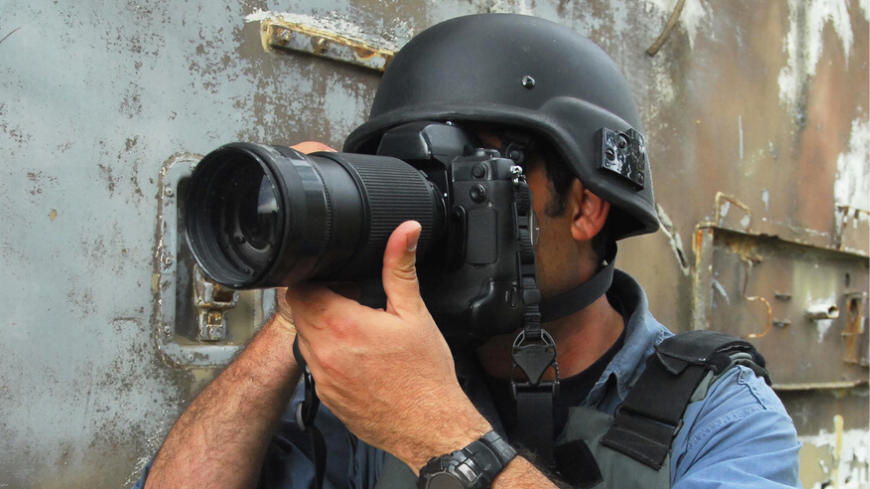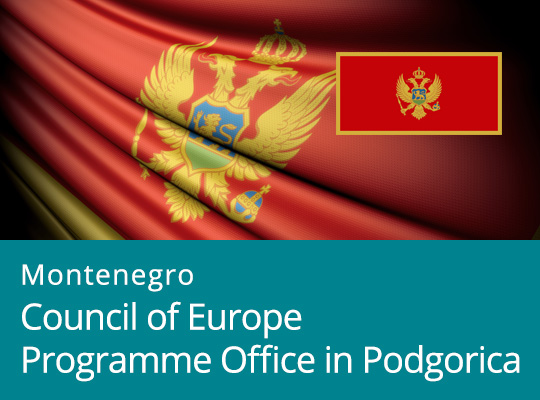Attacks against journalists and other media actors constitute serious human rights violations not only because they target individuals performing journalistic activities, but also because they deprive citizens of their right to receive information, thus restricting public debate which is at the core of a well-functioning democratic society. Too often crimes against journalists go unpunished giving raise to a culture of impunity and creating a sense of fear among journalists who might become hesitant to continue reporting on sensitive issues.
Given the damaging consequences that attacks against journalists have on democratic societies, the protection of journalists and other media actors is a high priority for the Council of Europe. The Council of Europe has therefore strived to ensure that journalists and other media actors across member states could fulfil their role as watchdogs of democracy without interference and without fear and that no crime against journalists and other media actors is treated with impunity.
In April 2016, the Committee of Ministers of the Council of Europe adopted the Recommendation CM/Rec(2016)4 on the protection of journalism and safety of journalists and other media actors. The Recommendation encourages member States to enhance the protection of journalists by working around four pillars: prevention, protection, prosecution (including a specific focus on impunity) as well as promotion of information, education and awareness raising. In particular, the Recommendation emphasizes the need for a timely prosecution of perpetrators of crimes against journalists so to combat impunity and prevent crimes against journalists from having a “chilling effect” on freedom of expression.
The Council of Europe has also published an Implementation Guide of Recommendation CM/Rec(2016)4. The Guide provides member states with concrete directions of action to protect journalists and other media actors and end impunity. In particular, the Guide is intended to support member States in drafting national action plans on the safety of journalists, ensuring that these action plans have urgency-based priorities and are supplemented by adequate resources for their implementation.
Apart from setting standards on the protection of journalists, the Council of Europe has also commissioned several studies to better understand what kind of pressures journalists face in their work and has prepared several educational materials meant to raise awareness and prevent any undue interreferences with the work of journalists as well as to end impunity.
The most recent study commissioned by the Council of Europe is titled A mission to inform – Journalists at risk speak out and was launched on 14 October 2020. The study is based on interviews with 20 journalists from 18 Council of Europe member states, including Daphne Caruana Galizia who provided a powerful testimony for this study just 10 days before her murder. To pay tribute to the work of Daphne Caruana and raise awareness about the urgency of enhancing the safety of journalists in Europe and fighting impunity, the interview of Daphne Caruana Galizia was published as a stand-alone piece and is now freely accessible to anyone interested.
The Council of Europe has also recently launched an online course on the safety of journalists in the framework of the Human Rights Education of Legal Professions (HELP) Programme. The course aims to enhance the knowledge of legal professionals, but also of journalists and law-enforcement officials in identifying and tackling threats towards journalists and other media actors. Among others, the course gives an overview of the key standards and legal frameworks on the protection of journalists, helps identify and understand different forms of pressure faced by journalists as well as mechanisms to fight or prevent impunity. The course - lasting 10 hours – is extremely interactive and uses innovative and engaging teaching methods. Enrolment is free and can be done by using this link.
Developed jointly by the Council of Europe Information Society Department and the HELP Programme under the European Union/Council of Europe Joint Action on Freedom of Expression and Freedom of the Media in Southeast Europe (JUFREX), the course was published in English in July 2020. By the end of 2020, the course will be adapted to the local context and translated into the national languages of Albania, Bosnia and Herzegovina, Kosovo*, Serbia, Montenegro, North Macedonia.
It is hoped that through the important work the Council of Europe does on the issue of the protection of journalists, attacks on their safety will be prevented and that when such attacks still happen, perpetrators will be duly brought to justice so no crime against journalists would be classified as a case of impunity.
* This designation is without prejudice to positions on status, and is in line with UNSCR 1244 and the ICJ Opinion on the Kosovo Declaration of Independence.




